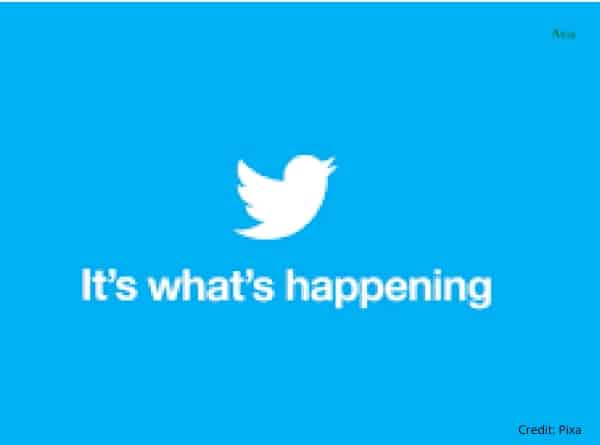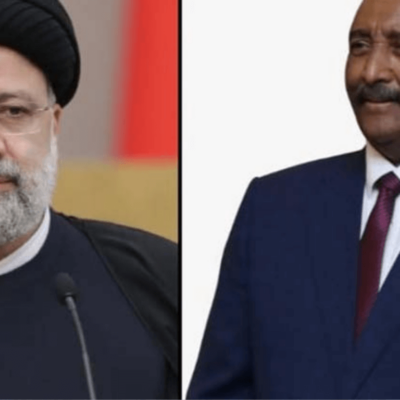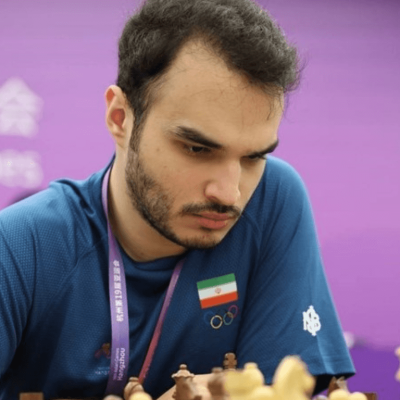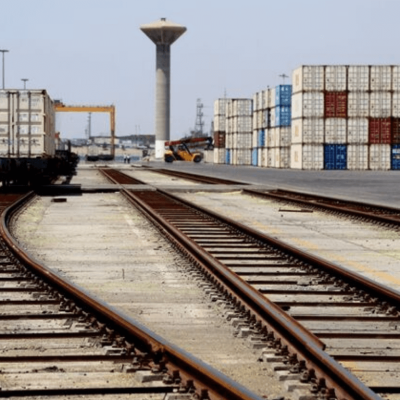Twitter suspends accounts of Iran’s Supreme Leader Khamenei

Twitter temporarily suspended early Tuesday English, Arabic, Persian and Urdu Twitter accounts belonging to Iranian Supreme Leader Ayatollah Ali Khamenei. His English and Persian accounts were later restored, while the other accounts remained suspended. The majority of social media networks, including Facebook and Twitter, are banned in Iran. Twitter has been banned in Iran since 2009, following protests in the aftermath of Iran’s 2009 presidential election. That’s why Iranian activists have on numerous occasions called on Twitter to ban the accounts of regime officials as long as ordinary Iranians are denied access to the social media platform.
Despite the ban for the population, many high-ranking Iranian officials, political and religious leaders – included President Hassan Rouhani and Foreign Minister Mohammad Javad Zarif – have accounts and are active on Twitter and other social networks. Ali Hosseini Khamenei is a Twelver Shia Marja’ and the second and current Supreme Leader of the Islamic Republic, in office since 1989. He was previously President of Iran from 1981 to 1989. Khamenei is the longest serving head of state in the Middle East. Khamenei was one of Iran’s leaders during the Iran–Iraq War in the 1980s, and developed close ties with the now powerful Revolutionary Guards which he controls, and whose commanders are elected and dismissed by him to suppress opposition. On 3 January 2020, a United States drone strike near Baghdad International Airport targeted and killed Iranian major general Qasem Soleimani of Iran’s Islamic Revolutionary Guard Corps (IRGC) while he was planned to meet Iraqi PM Adil Abdul-Mahdi discussing Iran-Saudi Arabia peace mediation in Baghdad. Soleimani has been described as a dangerous terrorist by many reports for his relationship with Hezbollah, as well as an oppressor by his citizens.
As Supreme Leader, Khamenei is the head of state of Iran and the commander-in-chief of its armed forces. For this reason, he is considered the most powerful political authority in the country. He can issue decrees and make the final decisions on the main policies of the government in many fields such as economy, the environment, foreign policy, and national planning. In 2000, he was listed by the Committee to Protect Journalists as “one of the top ten enemies of the press and freedom of expression” and was named to the Time 100 in 2007. Opposition journalists Ahmad Zeidabadi, Mohsen Sazegara, Mohammad Nourizad and Akbar Ganji were arrested and investigated for spreading critical articles containing unproven charges against Khamenei’s policies as the leader and some organizations. The suspension Khamenei’s Twitter accounts can be a small lesson to understand the lack of freedom people are living in Iran under his regime.




